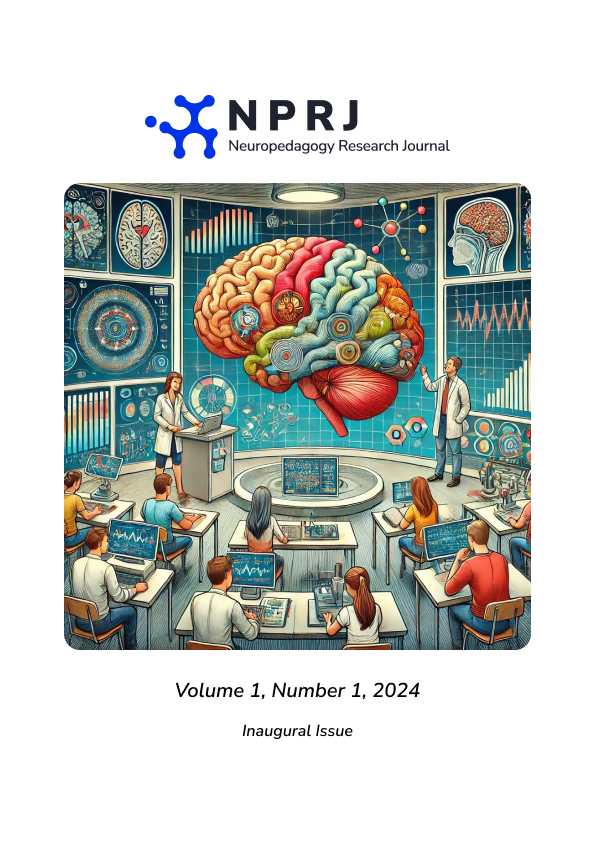FOSTERING INCLUSIVE FUTURES: THE ROLE OF ARTIFICIALINTELLIGENCE IN ENABLING SUSTAINABLE AND EQUITABLEEDUCATION
Keywords:
Artificial Intelligence, Sustainable Education, Educational Transformation, Sustainable Development Goals, Personalized Learning, Simulations and Modeling, Human-AI Collaboration, AI Ethics, Educational Innovation, Global Sustainable AwarenessAbstract
At the vanguard of the digital age, this study explores the dynamic confluence of Artificial Intelligence (AI) and sustainable education, elucidating how AI functions as a catalyst for profound, transformative shifts in educational paradigms. This paper examines AI’s role in fostering sustainable practices by instigating a fundamental transformation in mindsets and behaviors toward a more conscientious and globally aware perspective. Beyond automation, AI emerges as a cornerstone for cultivating sustainable global awareness.
Central to our investigation is AI’s capacity to personalize learning and enhance educational experiences. Through advanced simulations and sophisticated modeling, students engage with complex scenarios, enabling them to grasp the intricate interconnections underlying the Sustainable Development Goals (SDGs). This pedagogical approach promotes deeper, more meaningful learning and equips students to address global challenges through innovative, sustainable solutions.
We conceptualize AI's application in education through two critical dimensions: predictive and generative. The predictive dimension anticipates learning needs and challenges, thereby enabling tailored educational interventions, while the generative dimension fosters creativity and innovation, allowing for the exploration of novel solutions to enduring challenges. The influence of these dimensions transcends the classroom, driving efficiencies and advancements across multiple sectors.
A pivotal aspect of our analysis is the synergistic collaboration between human agents and AI systems. This strategic partnership amplifies the potential for personalized learning, a key element in advancing toward an education paradigm that not only informs but also transforms. Specifically, we investigate AI's role in enabling sustainable education, emphasizing its capacity to analyze extensive datasets. This ability is instrumental in making informed decisions, fostering global collaboration among students engaged in sustainability projects, and ultimately weaving an intricate network of knowledge and collective action that surpasses borders and disciplines.
However, the deployment of AI in education necessitates a conscientious approach to ethical and privacy considerations. It is crucial that these technologies be integrated with an acute awareness of such issues, ensuring an educational environment that upholds the integrity and rights of all stakeholders.
Our systematic review of the extant literature, with a particular focus on higher education, delineates the pathway toward the effective integration of AI in sustainable education. The findings underscore AI’s transformative potential in reimagining how we learn about sustainability, empowering students to become leaders in the pursuit of a more equitable and environmentally sound future.
Looking ahead, it is evident that the ethical and judicious adoption of AI in education is not merely desirable but imperative. Only through such an approach can we fully harness its positive impact and ensure that sustainable education fulfills its promise of equipping future generations to meet the challenges ahead, thereby fostering a more sustainable and equitable world.


